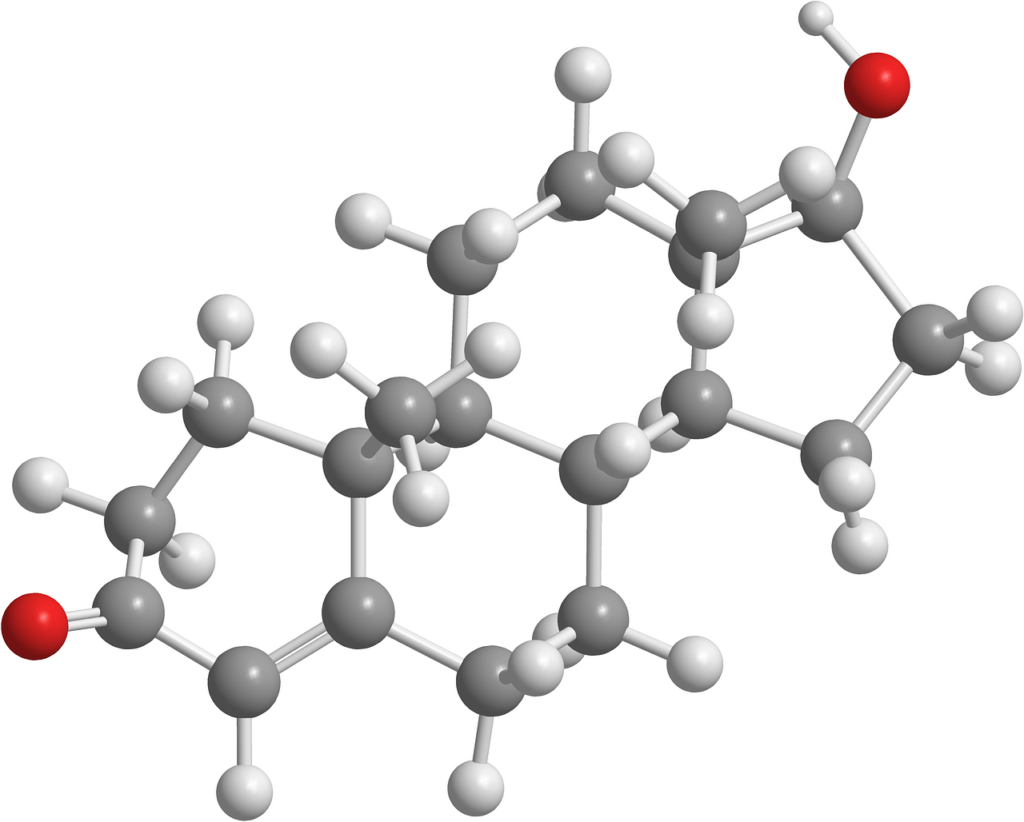


Are you curious about how your sleep habits may be impacting your testosterone levels? In this article, we’ll delve into the fascinating link between sleep and testosterone.
Discover how sleep plays a vital role in maintaining normal testosterone production and explore the effects of low and high testosterone levels on sleep.
Improper sleep can significantly impact testosterone levels. Sleep plays a crucial role in regulating testosterone production in the body. When you don’t get enough sleep or experience sleep deprivation, it can lead to a decrease in testosterone levels.
Research has shown that sleep duration and quality are closely linked to testosterone levels. In fact, one study found that sleeping less than five hours per night for a week resulted in a 10-15% decrease in testosterone levels in healthy young males.
Sleep restriction and disruptions can disrupt the natural rhythm of testosterone production, leading to imbalances in hormone levels. Therefore, ensuring an adequate amount of sleep and maintaining good sleep habits is important for maintaining optimal testosterone levels.

If you experience low testosterone levels, it can negatively impact your sleep. Low testosterone in men and people assigned male at birth has been associated with various sleep problems. Insomnia-like symptoms, such as difficulty falling asleep and staying asleep, are commonly reported. Additionally, individuals with low testosterone may experience more nighttime awakenings, lower oxygen levels during sleep, and less time spent in deep sleep. These disruptions can lead to poor sleep quality and daytime fatigue.
It’s important to note that sleep disorders themselves can also contribute to low testosterone levels. Suppose you suspect that your low testosterone levels are affecting your sleep. In that case, it’s recommended to consult with a healthcare professional to explore potential treatment options and address any underlying sleep disorders.
High testosterone levels can have varying effects on sleep depending on the individual and the underlying causes of the elevated testosterone. In males, high testosterone levels may not cause symptoms or impact sleep directly. However, poor sleep may be associated with high testosterone levels resulting from treatment with synthetic testosterone.
In people assigned female at birth, high testosterone levels may be caused by conditions like polycystic ovary syndrome (PCOS), which are associated with poor sleep. Symptoms of high testosterone in males may include high blood pressure, unhealthy cholesterol levels, acne, and liver or kidney conditions. Potential signs of high testosterone in women and people assigned female at birth include excess hair growth, male-patterned hair loss, deepening of the voice, acne, and irregular menstrual periods.
It’s important to consult a healthcare professional to address the underlying causes and potential sleep issues associated with high testosterone levels.
When you don’t get enough sleep, it can significantly lower your testosterone production. Lack of sleep can have a negative impact on your testosterone levels, affecting your overall hormone balance.
Here are three key points to understand about the relationship between lack of sleep and testosterone levels:
It is important to prioritize sleep and ensure you’re getting enough restful sleep to maintain optimal testosterone levels and overall hormonal health.
Testosterone replacement therapy can be beneficial for improving sleep quality in individuals with low testosterone levels. When testosterone levels are low, it can lead to sleep problems such as insomnia and disrupted sleep patterns.
Testosterone replacement therapy aims to restore testosterone levels to normal, which can help alleviate these sleep issues.
Additionally, testosterone replacement therapy may also be effective in treating sleep deprivation caused by conditions like obstructive sleep apnea (OSA). OSA is associated with low testosterone levels, and treating it can potentially increase testosterone levels.
However, it’s important to note that testosterone replacement therapy may not be effective for everyone, and the decision to undergo this treatment should be made in consultation with a healthcare professional.
It’s also worth considering lifestyle changes and addressing underlying sleep disorders as alternative ways to improve sleep quality.
If you’re not getting enough sleep, it can have a significant impact on your testosterone levels. Sleep plays a crucial role in regulating testosterone production, so when your sleep duration or quality is compromised, it can lead to lower testosterone levels.
Here are three effects of sleep on testosterone:
To maintain optimal testosterone levels, prioritizing and improving your sleep habits is essential.
In conclusion, sleep and testosterone are intricately connected, with sleep playing a vital role in maintaining normal testosterone levels.
Both low and high testosterone levels can have negative effects on sleep, and lack of sleep can disrupt testosterone production.
Addressing sleep issues can potentially improve hormonal health.
Barrett-Connor, E., Dam, T. T., Stone, K., Harrison, S. L., Redline, S., Orwoll, E., & Osteoporotic Fractures in Men Study Group (2008). The association of testosterone levels with overall sleep quality, sleep architecture, and sleep-disordered breathing. The Journal of clinical endocrinology and metabolism, 93(7), 2602–2609. https://doi.org/10.1210/jc.2007-2622
Leproult, R., & Van Cauter, E. (2011). Effect of 1 week of sleep restriction on testosterone levels in young healthy men. JAMA, 305(21), 2173–2174. https://doi.org/10.1001/jama.2011.710
Ndefo, U. A., Eaton, A., & Green, M. R. (2013). Polycystic ovary syndrome: a review of treatment options with a focus on pharmacological approaches. P & T : a peer-reviewed journal for formulary management, 38(6), 336–355.